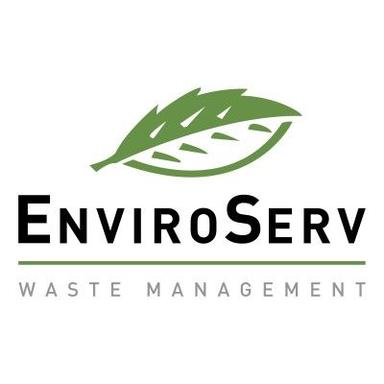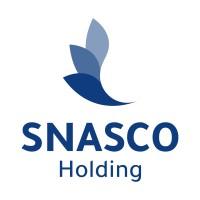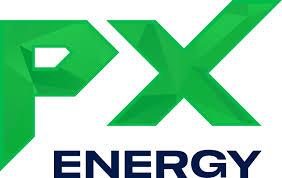The Fusion Frontier: Startups Surpassing $100 Million in Funding

Fusion energy, once considered a distant dream, is now drawing significant private investment. Advances in artificial intelligence, high-temperature superconducting magnets, and powerful computer chips have propelled the industry forward. In late 2022, a U.S. Department of Energy laboratory achieved a controlled fusion reaction that produced more power than the lasers applied to the fuel pellet, marking a historic milestone. Venture capital funding for startups has increasingly flowed into this sector, with several startups surpassing $100 million funding demonstrating strong investor confidence.
Commonwealth Fusion Systems: Leading the Charge
Commonwealth Fusion Systems has emerged as a leader, raising nearly three billion dollars in private capital. Its flagship project, Sparc, is a tokamak-style reactor designed to generate power at commercially relevant levels. The recent eight hundred sixty-three million dollar funding round, completed in August, highlights strong investor confidence in the company’s approach. As one of the startups with $100 million funding, Commonwealth Fusion exemplifies how strategic late-stage startup funding can accelerate development timelines.
Pacific Fusion: A Bold Approach with Significant Backing
Pacific Fusion has drawn attention with a nine hundred million dollar Series B funding rounds. Led by CEO Eric Lander, recognized for his role in the Human Genome Project, the company seeks to achieve fusion through inertial confinement using synchronized electromagnetic pulses. The funding is structured in tranches, linked to specific milestones, following a model similar to strategies used in the biotech sector. It is now counted among the AI startups raising $100 million and is an example of AI startup funding trends in the energy sector.
Shine Technologies: Diversifying Fusion Applications
Shine Technologies has raised seven hundred seventy-eight million dollars to explore multiple areas of fusion energy. Initially focusing on neutron testing and medical isotopes, the company is also investigating radioactive waste recycling. While a specific reactor design is not yet chosen, Shine is building foundational capabilities for future fusion power plants. This growth positions Shine among the top startups surpassing $100 million funding, reflecting the broader trend of unicorn startups entering the fusion energy landscape.
General Fusion: Overcoming Challenges Amidst Innovation
Founded in 2002, General Fusion has raised four hundred sixty-two point five three million dollars. Its magnetized target fusion method compresses plasma within a liquid metal chamber using pistons. Despite recent financial challenges and a twenty-five percent workforce reduction, the company secured twenty-two million dollars in August to continue development of the LM26 reactor, aiming for breakeven by 2026. This makes General Fusion one of the startups achieving $100 million funding in 2025 and highlights the role of late-stage funding rounds for AI startups in sustaining long-term projects.
The Road Ahead
The fusion energy sector is evolving rapidly. Unicorn startups with $100 million funding are attracting substantial investments while pursuing diverse technological paths. Though challenges persist, the current momentum signals a promising future for fusion as a viable energy source. Across the industry, startups with $100 million funding and emerging AI startups raising $100 million are setting benchmarks for innovation, while venture capital funding for startups continues to shape the landscape.
Business News
Netflix Advertising Business Turns into a Growth Path, Revenue Surge
EFCC Calls for Suspension and Prosecution of Banks and Fintechs Linked to Fraud
How to Boost Employee Productivity in Industrial Work Environments
How Executive Culture Can Enable Abuse and Legal Exposure
Why Most Executive Books Are Written with a Ghostwriter




















